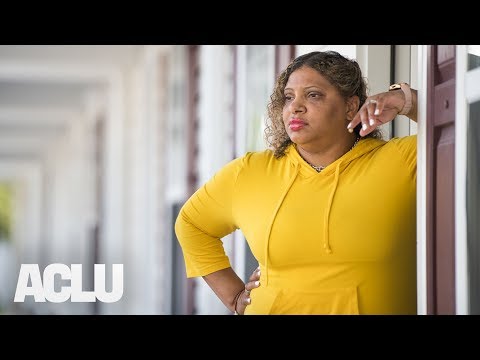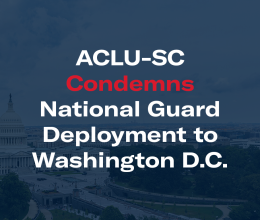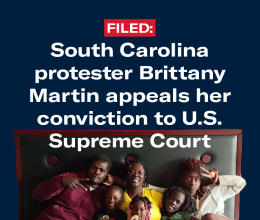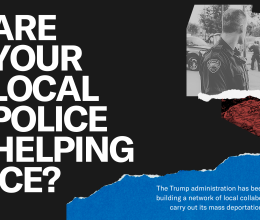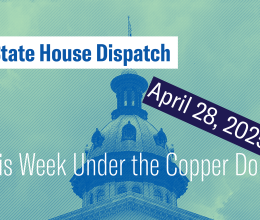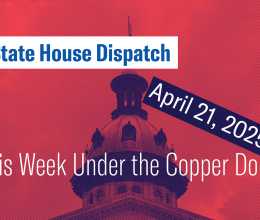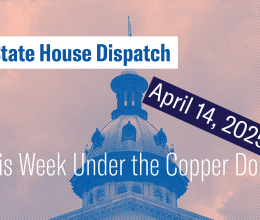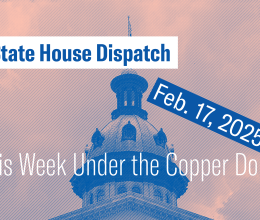
On October 31, 2019, the American Civil Liberties Union, ACLU of South Carolina, Terrell Marshall Law Group PLLC, Southern Poverty Law Center, and South Carolina Appleseed Legal Justice Center filed a federal lawsuit challenging South Carolina’s policy of automatically suspending the driver’s licenses of people with unpaid traffic tickets. South Carolina’s wealth-based license suspensions impact more than 190,000 people, funneling those who are unable to pay deep into cycles of poverty, job loss, traffic violations, and entanglement with the legal system.
When the South Carolina DMV receives a report that a state resident or driver’s license holder has not paid a traffic ticket, it automatically suspends the person’s driver’s license without providing proper notice or a hearing to ensure that people who cannot pay will not lose their licenses. A suspension ends only when a person pays in full all traffic fines and additional DMV fees charged for reinstating a suspended license. Neither the DMV nor the South Carolina Office of Motor Vehicle Hearings (OMVH)—the state agency with the power to review suspensions—provides any hearing at which a person can explain their inability to pay. In fact, the OMVH refuses to provide a hearing to people seeking to challenge the suspension of a driver’s license for failure to pay a traffic ticket unless they pay a $200 filing fee for each suspension being contested.
Plaintiffs sought a declaration that the DMV’s indefinite suspension of driver’s licenses for nonpayment of traffic fines and fees without proper notice, a hearing, and a determination of willful failure to pay violates the Fourteenth Amendment. They also sought an injunction to prevent the DMV from suspending driver’s licenses for nonpayment without first providing hearings on ability to pay and sufficient notice of options other than payment in full to prevent license suspension for those who cannot afford to pay. The lawsuit further sought an injunction that would require the DMV to lift any suspensions previously imposed for failure to pay traffic tickets, to strike any reinstatement fees related to those suspensions, and to reinstate any driver's licenses that have no other basis for suspension.
Why this case?
In South Carolina’s system, people who cannot pay lose their ability to drive—which they need to find and keep their jobs—unless they divert money from rent, utilities, health care, and other needs to pay for their driver’s licenses. These wealth-based driver’s license suspensions prevent people from earning money, taking their children to and from school, accessing health care, purchasing groceries and other necessities, and traveling to places of worship.
U.S. Supreme Court precedent makes clear that the Fourteenth Amendment rights to due process and equal protection of the law require consideration of a person’s inability to pay before they are punished for nonpayment of a court fine.
The latest
On May 11, 2020, the court denied plaintiffs’ request for preliminary injunction to stop the DMV from suspending driver’s licenses for unpaid traffic tickets when the individual cannot afford to pay. The court ruled that there is no constitutional right to a driver’s license and that the state had a valid interest in encouraging people to pay fines and follow traffic laws. In September 2021, the court dismissed the case.
Although the case was dismissed, it played an important role in elevating conversations surrounding the ways in which everyday policies can contribute to the cycle of poverty. The ACLU is committed to advocating for ending the criminalization of poverty and fighting for a system where inability to pay is not a barrier to opportunity and mobility.
